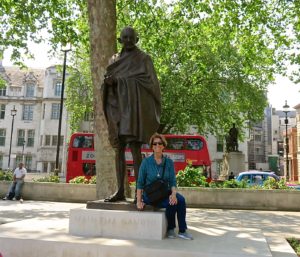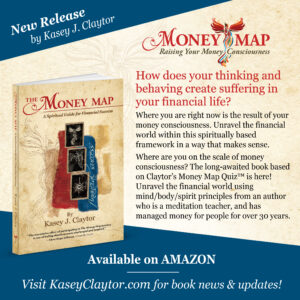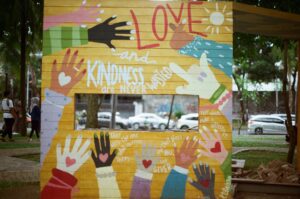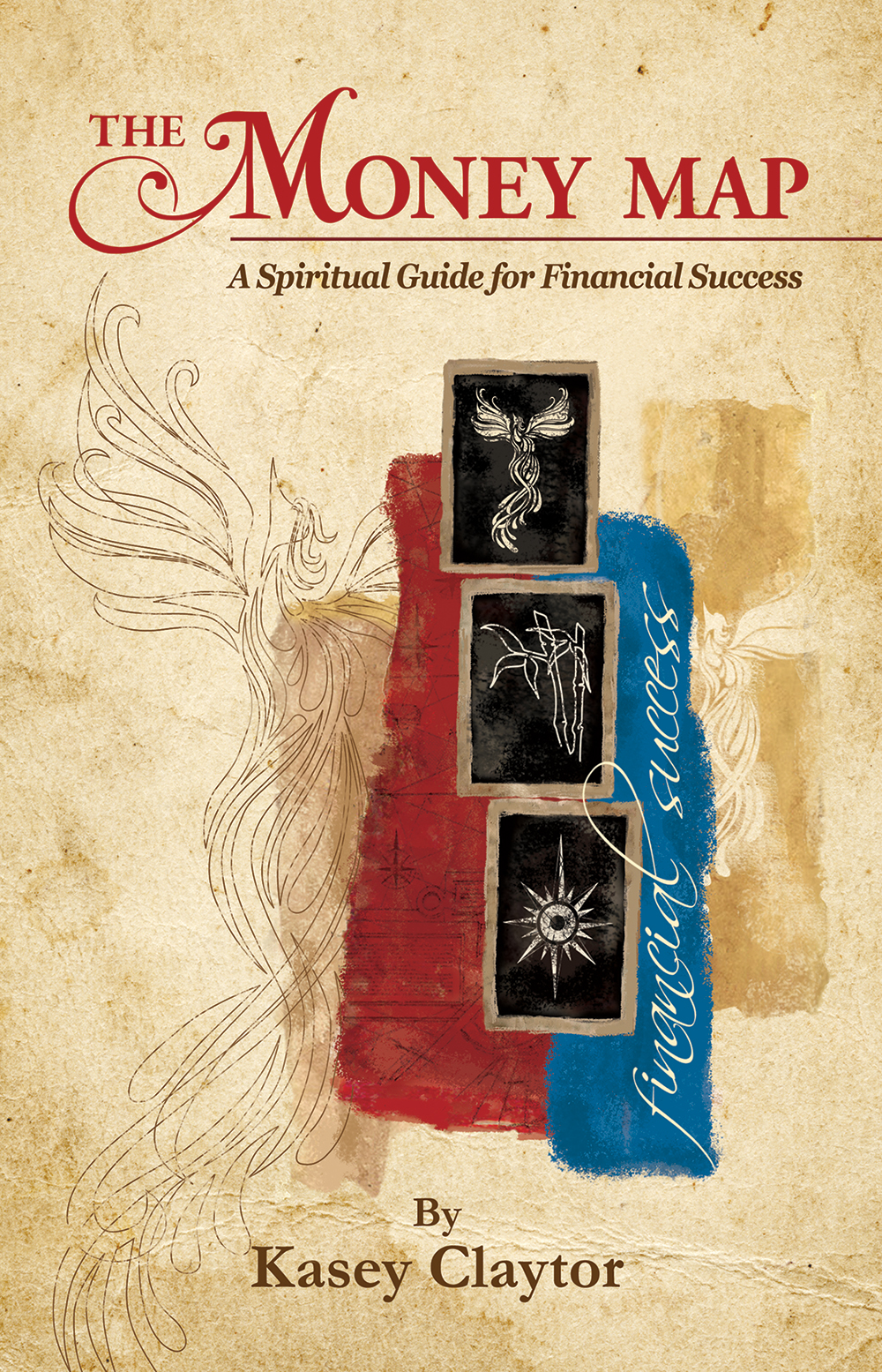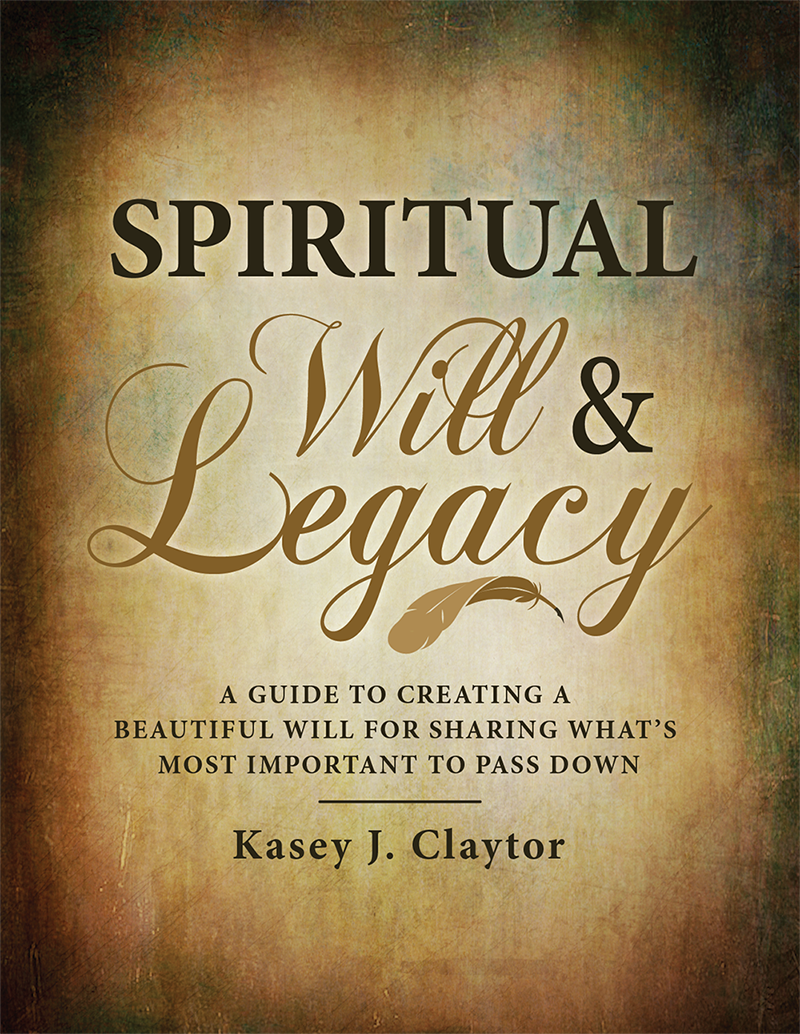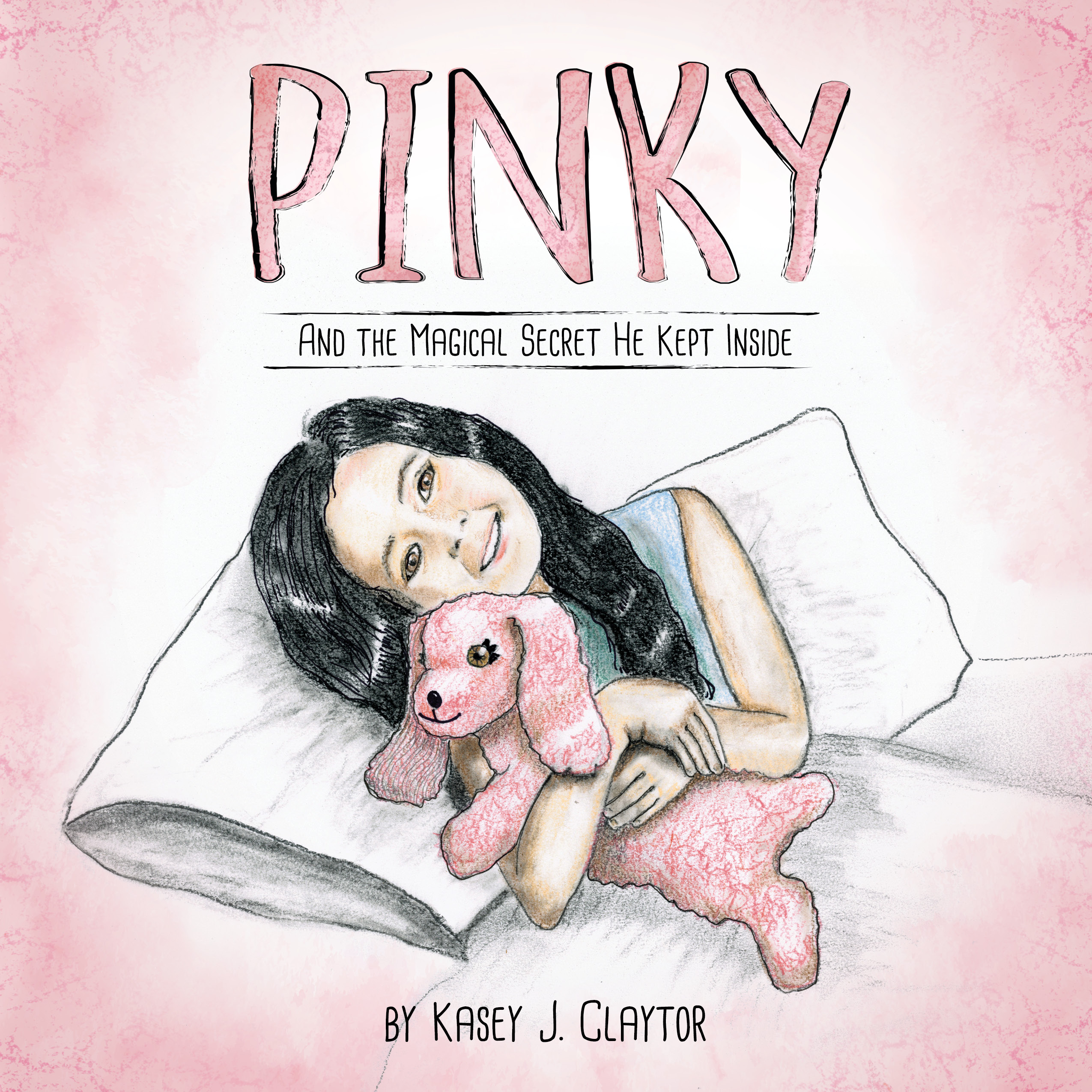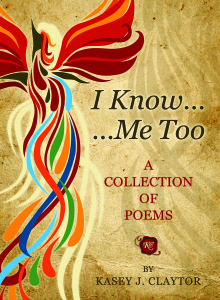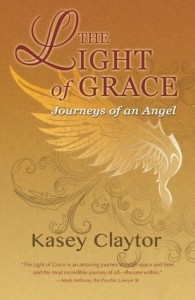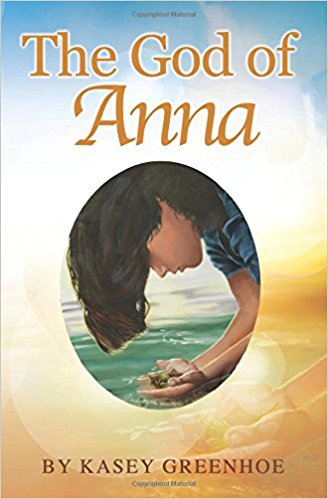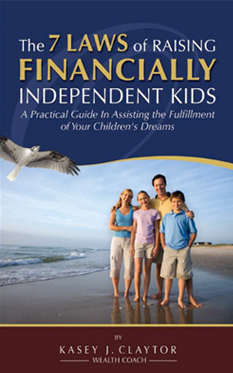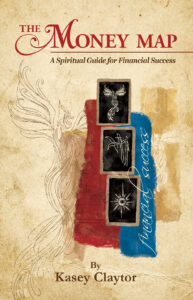
COMING THIS FALL!
THE MONEY MAP
A Spiritual Guide for Financial Success
Finding success, happiness, and prosperity should be easier than ever given the proliferation of self-help books and coaching. Yet with countless people reading, studying, and attending workshops, many still find themselves just scraping by financially. It’s clearly time to find a fresh approach. Instead of looking outward for answers, I suggest a reset that combines both the spiritual and financial sides of life. Let’s raise your level of Money Consciousness. You can create incremental shifts forward, and even feel awe at the magical, unlimited universe that connects us all.
A consciousness-based approach to growth in any area includes incorporating aspects of the universe with a deeper understanding of the qualities of spirit and mind. It also includes having an awareness of the physical world with an eye toward how we perceive it from our ego to our shared humanity. And of course, you need to be open to guidance specifically as it relates to your financial life.
It is possible to become financially secure and confident. Financial topics needn’t be dry, complex, or esoteric. Our capacity for experiencing abundance is already woven into the fabric of our multi-dimensional lives.
Self-knowledge is key. It’s important to see where you are right now and you can do that by looking at yourself on three levels: spiritually, physically and financially.
Who Am I?
Spiritually – This is the greatest mystery. Just as it is essential to research investment strategies, different types of mortgages, and what kinds of cars to buy, it is also essential to research the nature of reality and how it works. What laws seem to govern life? Are there any rules at all?
More importantly, we can begin the research of who we really are—each one of us. Sages and scientists’ explorations and discoveries of the universe have shown us our inter-connectedness and our infinite, unlimited, multi-dimensional selves. Being reminded, or being shown for the first time, the great matrix of which everyone is a part is very uplifting, and inspires us to feel bigger than we might have before.
Soul evolution and quantum shifts in consciousness are possible through meditation, self-reflection, and self-inquiry. Investigate by continuing to ask, “Who am I?”.
Materially – Ask what has been created in your life and why? Just where do you want to be? What do you want from the physical world? Do you have opposing beliefs; for example, desiring prosperity but believing rich people are corrupt? Go out into the world with specific tasks to unmask some of these hidden beliefs. Could guilt or resentment be holding your prosperity back?
What do you truly, deep in your heart, want? Look at your family and other people in your life and society; what messages did you receive from them? What were your first messages about money? How does the world look, safe, scary, or chaotic? What are the default beliefs that form a basis for your experience? In looking at your goals think about what that goal represents, what is the essence of it? (Which is the real desire!)
Financially – What are your financial goals and how can you stretch your idea of numbers. How much is enough? What is the real purpose here? There are three types of people in relationship to money: the saver, the spender, and the controller. Each has attributes that are beneficial, and each type can be successful. The problems arise when one type becomes out of balance. Without balance and wellbeing, a saver may become a hoarder, a spender will go broke, and a controller won’t take any risk at all. Knowing which type you are can enable you to find your balance.
Finding success, happiness, and prosperity should be easier than ever given the proliferation of self-help books and coaching. Yet with countless people reading, studying, and attending workshops, many still find themselves just scraping by financially. It’s clearly time to find a fresh approach. Instead of looking outward for answers, I suggest a reset that combines both the spiritual and financial sides of life. Let’s raise your level of Money Consciousness. You can create incremental shifts forward, and even feel awe at the magical, unlimited universe that connects us all.
A consciousness-based approach to growth in any area includes incorporating aspects of the universe with a deeper understanding of the qualities of spirit and mind. It also includes having an awareness of the physical world with an eye toward how we perceive it from our ego to our shared humanity. And of course, you need to be open to guidance specifically as it relates to your financial life.
It is possible to become financially secure and confident. Financial topics needn’t be dry, complex, or esoteric. Our capacity for experiencing abundance is already woven into the fabric of our multi-dimensional lives.
Self-knowledge is key. It’s important to see where you are right now and you can do that by looking at yourself on three levels: spiritually, physically and financially.
Who Am I?
Spiritually – This is the greatest mystery. Just as it is essential to research investment strategies, different types of mortgages, and what kinds of cars to buy, it is also essential to research the nature of reality and how it works. What laws seem to govern life? Are there any rules at all?
More importantly, we can begin the research of who we really are—each one of us. Sages and scientists’ explorations and discoveries of the universe have shown us our inter-connectedness and our infinite, unlimited, multi-dimensional selves. Being reminded, or being shown for the first time, the great matrix of which everyone is a part is very uplifting, and inspires us to feel bigger than we might have before.
Soul evolution and quantum shifts in consciousness are possible through meditation, self-reflection, and self-inquiry. Investigate by continuing to ask, “Who am I?”.
Materially – Ask what has been created in your life and why? Just where do you want to be? What do you want from the physical world? Do you have opposing beliefs; for example, desiring prosperity but believing rich people are corrupt? Go out into the world with specific tasks to unmask some of these hidden beliefs. Could guilt or resentment be holding your prosperity back?
What do you truly, deep in your heart, want? Look at your family and other people in your life and society; what messages did you receive from them? What were your first messages about money? How does the world look, safe, scary, or chaotic? What are the default beliefs that form a basis for your experience? In looking at your goals think about what that goal represents, what is the essence of it? (Which is the real desire!)
Financially – What are your financial goals and how can you stretch your idea of numbers. How much is enough? What is the real purpose here? There are three types of people in relationship to money: the saver, the spender, and the controller. Each has attributes that are beneficial, and each type can be successful. The problems arise when one type becomes out of balance. Without balance and wellbeing, a saver may become a hoarder, a spender will go broke, and a controller won’t take any risk at all. Knowing which type you are can enable you to find your balance.
Kasey Claytor’s Money Map Quiz can be found on her website, and her soon to be released book The Money Map, A Spiritual Guide to Financial Success, will be available on Amazon.




